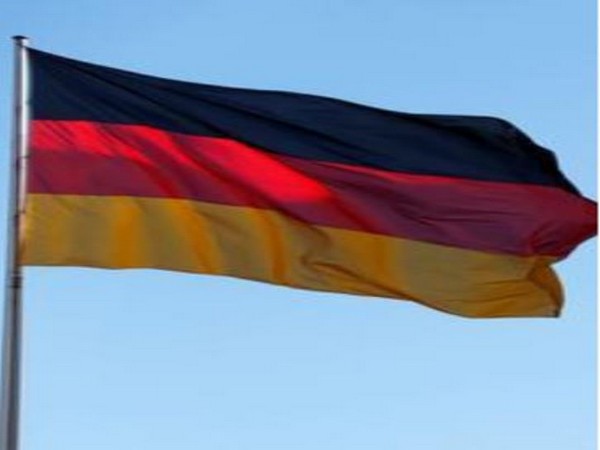Germany's Merz elected chancellor on second try after historic defeat
May 07, 2025

Berlin [Germany], May 7: German conservative leader Friedrich Merz was elected by lawmakers as the country's new chancellor on Tuesday, hours after suffering a humiliating defeat in a first round of voting on an extraordinary day in Berlin.
Merz secured the necessary absolute majority to succeed outgoing Chancellor Olaf Scholz in the second round of voting, receiving 325 votes in the 630-seat Bundestag, Germany's lower house of
parliament.
The earlier failure was a major embarrassment for Merz, who became the first candidate to fall at the final hurdle to becoming chancellor in post-war German history.
His incoming coalition - comprised of his Christian Democrats (CDU), the Bavaria-only Christian Social Union (CSU) and the centre-left Social Democrats (SPD) - holds 328 seats in the new Bundestag, but Merz won the backing of only 310 lawmakers in the first vote, falling short of the required absolute majority by six votes.
Leading politicians were visibly shocked by the result as it was announced in the Bundestag, with many filing out of the chamber without comment and speculation rife as to which lawmakers opposed Merz in the secret ballot.
But Merz's allies quickly rallied around him, and after hours of frantic consultations between lawmakers, the 69-year-old prevailed in a second round. The astonishing turn of events came two and a half months after Merz's CDU/CSU bloc won February's parliamentary elections, which were triggered when Scholz's unhappy three-way coalition imploded in November.
Following weeks of negotiations, the conservatives and the SPD forged a coalition agreement that was approved by all three parties and formally signed in Berlin on Monday, paving the way for Merz's long-awaited ascent to the summit of German politics.
But Tuesday's events could leave him severely weakened both at home and abroad as he seeks to rebuild the country's struggling economy and restore Berlin's leadership in Europe.
His unexpected defeat laid bare the shaky foundations of his grip on power, with his coalition holding only a slight majority in parliament, having earned less than 45% cumulatively in February's election.
Source: Qatar Tribune









